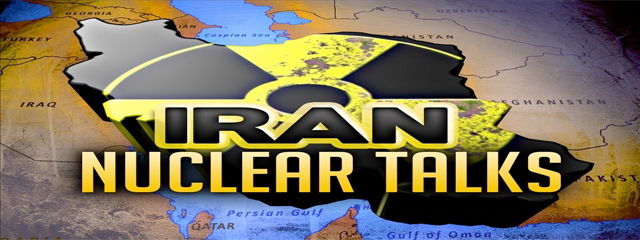Incremental Iranian barrels are not likely to exceed 400 kb/d in the coming months. Iran will be challenged to drastically increase its oil exports because of the remaining sanctions and technical challenges restarting shut-in production.
The downward drift in prices in reaction to the announcement of the interim deal could be short lived. Events in the horizon have the potential to lift prices swiftly again. Most notably, heading into the OPEC meeting (4 December) with Brent prices at a lower level than at the previous meeting, the discussions and official statements are likely reflect a cautious view of the state of market balances and raise the possibility of managing the group’s production quota.
Critical statements from Israel and the impact on sentiment and risk premia given the geopolitical ramifications are worth keeping in mind. Also, any indications of a nuclear arms race in the region, involving Iran’s neighbors, or a worsening of the sectarian tension in Iraq or, of course, Syria, could raise the security risk profile in the region, with the potential to swiftly reverse the current softness in Brent prices.
The agreement’s biggest energy-sector impact comes from an easing of restrictions on Iran’s petrochemical industry, as well as those on shippers and insurers of oil exports, providing the regime with an interim source of revenues. The interim nuclear deal concluded this weekend in Geneva, if fully implemented, would see Iran freeze some enrichment activities for the first time in more than a decade in return for modest sanctions relief.
In our view, it marks an important first step on the path to potential normalization of relations between Iran and the west, and significantly reduces the likelihood of any near-term military confrontation involving these parties. However, despite the progress made over the weekend, we still believe that the road to a final settlement, one that leads to the full removal of the sweeping economic sanctions, remains quite challenging, as key groups remain suspicious of the reset in relations and contend that the Iranians got the much better end of the Geneva deal.
The US Congress, for example, could erect additional roadblocks if Iran fails to agree to make much deeper cuts in its nuclear capabilities in H1 14. Iran’s regional rivals may also pursue policies that could complicate efforts to craft a lasting settlement, which could restore some of the lost Iranian risk premium to the oil market.






Be the first to comment on "Iran: Baby Steps in Nuclear Deal"